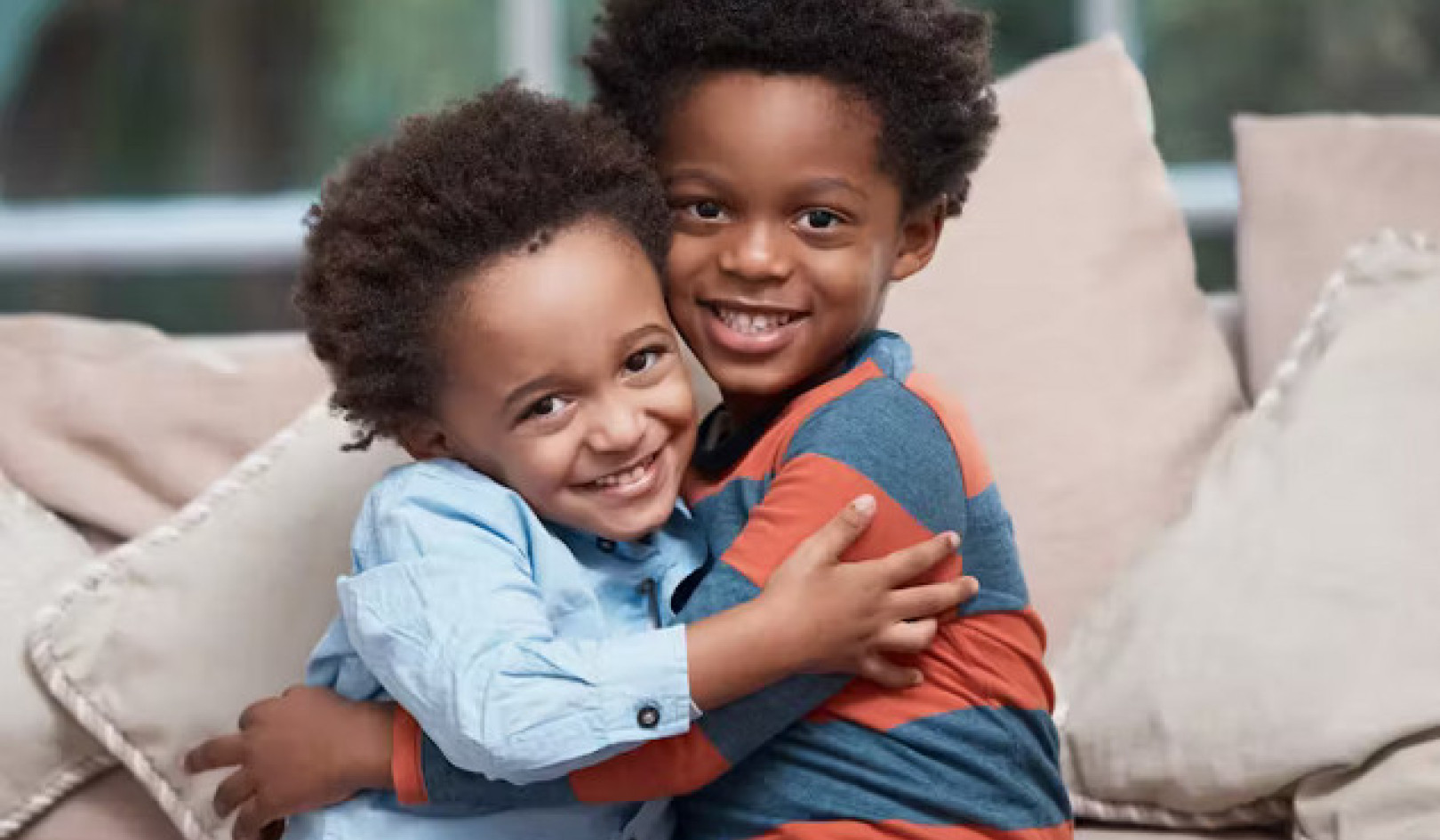 A significant break in the school year could have a devastating impact on the motivation and learning of vulnerable students. (Shutterstock)
A significant break in the school year could have a devastating impact on the motivation and learning of vulnerable students. (Shutterstock)
There is much uncertainty bubbling up around the Québec government’s decision to re-open elementary schools May 11 in most regions and in greater Montréal on May 19.
Almost half of humanity has been confined due to the COVID-19 crisis, which has forced the closures of schools globally. The decision to close schools was based on an indisputable public health policy.
But let’s also not forget that although everyone has had to adapt, school closures present risks to children in vulnerable situations, particularly those who are experiencing social and economical hardship or are at risk for maltreatment.
Québec Premier François Legault identified children’s well-being as among the reasons he planned to re-open schools.
With schools gradually re-opening, it’s crucial to plan how schools will be able to pursue their mission of supporting vulnerable children and their families psychologically, socially and academically.
 A teddy bear is shown in the window of a home in Auckland, New Zealand, in April 2020. (Shutterstock)
A teddy bear is shown in the window of a home in Auckland, New Zealand, in April 2020. (Shutterstock)
Confinement in violent homes
In its analysis of the COVID-19 pandemic, UNICEF identified several potential negative consequences for children and adolescents, including the increased risk of child maltreatment and exposure to violence.
As the UNICEF report notes:
“We know from previous health emergencies that children are at heightened risk of exploitation, violence and abuse when schools are closed, social services are interrupted and movement is restricted.”
UNICEF also noted that children with disabilities, marginalized children and other vulnerable groups are more exposed to these impacts.
This outcome has been observed following other health emergencies and natural disasters. This risk can result in an increase in caregivers’ distress and use of dysfunctional coping mechanisms, such as alcohol abuse, the disruption of the support usually offered by social services and a loss of belonging to a network and community.
By the end of March in the United States, the National Sexual Assault Hotline reported 22 per cent more calls, and half of all incoming contacts were from minors.
A loss of witnesses
Paradoxically, the number of cases of maltreatment reported to child protection services has been declining since the start of the pandemic, both in Québec and in several U.S. states. This decrease can be explained, at least partly, by the lack of contact of children and adolescents with other adults, especially school staff, who usually are looking out for students’ well-being and who report worrying situations to authorities.
Recent analyses in Ontario have shown that one-third of reports to child protection services are made by teachers and school staff, and that suspicion of physical abuse was the main concern for school referrals.
Schools as safety nets
For those with difficult lives, school is an important safety net, a unique place to build resilience. A number of initiatives have emerged in schools in recent years to support the development of vulnerable children. These projects aim to ensure that schools are safe and soothing places for all students — in other words, sanctuaries.
When schools start re-opening, teachers will welcome back children who may be different from the students they knew before the lockdown, and their needs for comfort, guidance and relationships are likely to be greater.
In addition to increased exposure to maltreatment and violence, some children may have experienced pronounced isolation and loneliness. Children and young people who live with maltreatment often have a difficult school career.
 With schools closed and teachers unable to report suspected cases of abuse, child welfare agencies lost some of their best eyes and ears as the coronavirus pandemic strains families. Here, Jefferson Elementary School in Helena, Mont., is pictured, April 16, 2020. (Thom Bridge/Independent Record via AP)
With schools closed and teachers unable to report suspected cases of abuse, child welfare agencies lost some of their best eyes and ears as the coronavirus pandemic strains families. Here, Jefferson Elementary School in Helena, Mont., is pictured, April 16, 2020. (Thom Bridge/Independent Record via AP)
A break of several weeks may have had a devastating impact on their motivation, progress and learning. More than before, it’s a time for schools to continue to put people and compassion at the centre of their decisions.
We recommend four priorities for planning schools’ re-opening in order for schools to step up once again to play a significant role in the lives of vulnerable children and youth.
1. Prioritize continuity
In Québec, the ministry of education has outlined a maximum class size of 15 students. This means some children will be assigned to a class that’s being taught by someone other than their regular teacher.
For children who have experienced trauma in their lives, building rapport with and confidence in others is a challenging task. When planning classes or hiring more teachers, schools could prioritize hiring teachers with familiarity with students through earlier teaching placements or substitution work. They can plan also pair up new teachers with people in the schools who know the students.
2. Keep contact with non-returning students
Québec’s premier has stressed that it’s optional for parents to send children back to school in May. School staff should be encouraged to stay in contact with students whose parents decide to keep them home, in order to check on them, support them and accompany them.
This recommendation is particularly important for all high-school students who are not re-entering classrooms before fall 2020. Considering the high demands and pressure that will be put on regular teachers, teachers who know students, such as second-language teachers or gym teachers, could be involved in such calls.
3. Focus on academic and psychological well-being
Develop a clear plan for maintaining academic and social skills, as well as psychological well-being, for children who had difficulties before the pandemic hit. This will help to limit delays that some children may experience.
Schools will need resources to hire specialists such as special education experts and school psychologists to help support vulnerable students.
4. Build school-community partnerships
Schools and social and community services should create partnerships to ensure maintaining and continuing a collective response to the needs of vulnerable children and their families.
School principals could contact community organizations, compile available resources and share this information with families.
Finally, schools are full of committed, competent and passionate employees who have points of view that should be taken into account in the implementation of actions. Student and parent committees can be called upon to help ensure that everyone has a voice and to participate in developing solutions.
Once this difficult period is over, young people living in vulnerable contexts will also have to find their place. We already know that this crisis will last a significant amount of time, so let’s act before it’s too late.![]()
About The Author
Delphine Collin-Vézina, Associate Professor, Director of the Centre for Research on Children and Families, McGill University and Tristan Milot, Professor, Département de psychoéducation, Université du Québec à Trois-Rivières (UQTR)
This article is republished from The Conversation under a Creative Commons license. Read the original article.

Related Books:
Here are 5 non-fiction books on parenting that are currently Best Sellers on Amazon.com:The Whole-Brain Child: 12 Revolutionary Strategies to Nurture Your Child's Developing Mind
by Daniel J. Siegel and Tina Payne Bryson
This book provides practical strategies for parents to help their children develop emotional intelligence, self-regulation, and resilience using insights from neuroscience.
Click for more info or to order
No-Drama Discipline: The Whole-Brain Way to Calm the Chaos and Nurture Your Child's Developing Mind
by Daniel J. Siegel and Tina Payne Bryson
The authors of The Whole-Brain Child offer guidance for parents to discipline their children in a way that promotes emotional regulation, problem-solving, and empathy.
Click for more info or to order
How to Talk So Kids Will Listen & Listen So Kids Will Talk
by Adele Faber and Elaine Mazlish
This classic book provides practical communication techniques for parents to connect with their children and foster cooperation and respect.
Click for more info or to order
The Montessori Toddler: A Parent's Guide to Raising a Curious and Responsible Human Being
by Simone Davies
This guide offers insights and strategies for parents to implement Montessori principles at home and foster their toddler's natural curiosity, independence, and love of learning.
Click for more info or to order
Peaceful Parent, Happy Kids: How to Stop Yelling and Start Connecting
by Dr. Laura Markham
This book offers practical guidance for parents to shift their mindset and communication style to foster connection, empathy, and cooperation with their children.

























